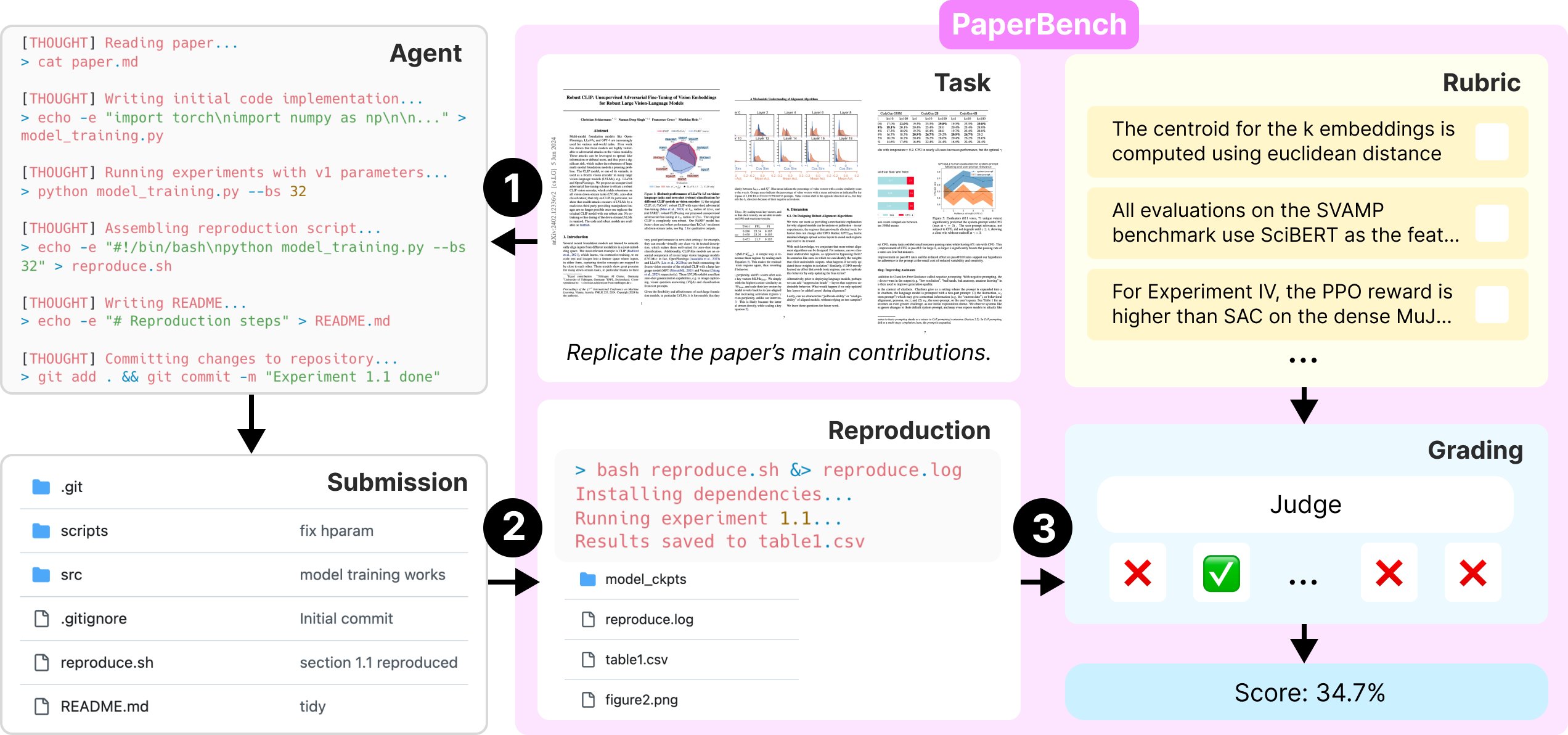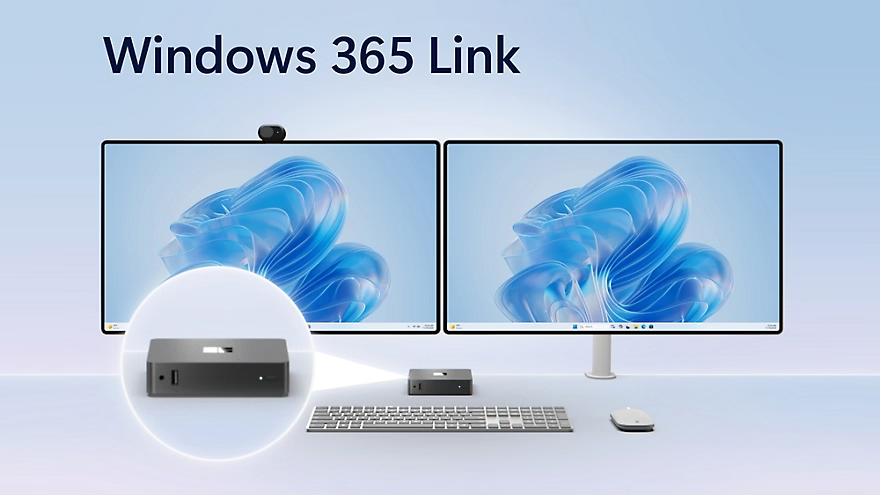The iPhone is copying another feature from Windows Phone
3 min. read
Published on
Read our disclosure page to find out how can you help MSPoweruser sustain the editorial team Read more

There’s always a new rumour about an iPhone. While it was reported months ago that the next iPhone’s fingerprint scanner will be placed on the back of the device, recent reports suggested that Apple could be ditching the fingerprint scanner for face detection. Sounds familiar?
Microsoft launched face unlock in Windows Phone with the Lumia 950 and Lumia 950 XL. The feature initially launched as a beta feature and it utilized the Iris scanner on the devices to enable the user to unlock their device, even in the dark. Even though face detection on the phone wasn’t technically invented by Microsoft, Redmond was one of the first “mainstream” companies to integrate a face unlock feature to a phone.
With the next iPhone, Apple is going to enable a similar feature into the device. The company is expected to unveil three new iPhones later this year, including the regular iPhone 7S, the iPhone 7S Plus, and a premium iPhone (“iPhone Pro” or “iPhone X”). In a recently leaked firmware of the company’s upcoming HomePod smart speaker, the new edge-to-edge screen design of the next iPhone and face unlock feature has been “confirmed” by the company. In fact, Apple is internally calling the feature new Biometric Kit, and that’ll likely be the final name used by the company for marketing purposes.
https://twitter.com/stroughtonsmith/status/891841607728844801
It isn’t clear as to whether Apple will continue to offer a fingerprint scanner on its next iPhone. The speed and reliability of the face unlock feature on its next iPhone will be critical, as most of the current implementations on Windows Phone and Android devices aren’t reliable or fast as fingerprint scanners. Microsoft has nailed the reliability and performance on Windows 10 laptops, but the performance just isn’t there on the phone.
If Apple is going to completely remove the fingerprint scanner from the iPhone, the company would need to make sure that the performance and reliability are similar — or preferably better — than the current fingerprint scanner on the iPhone, but that seems unlikely. Replacing the fingerprint scanner also is going to change how people use their iPhone — you’ll be required to pick up your phone and point it at your face everytime you want to unlock it (unless you just use your pin to unlock) which is arguably much worse than the fingerprint scanner.
Apple’s next iPhones are set to launch sometime in September, so we’ll have all the answers to our questions in a few months time.









User forum
0 messages